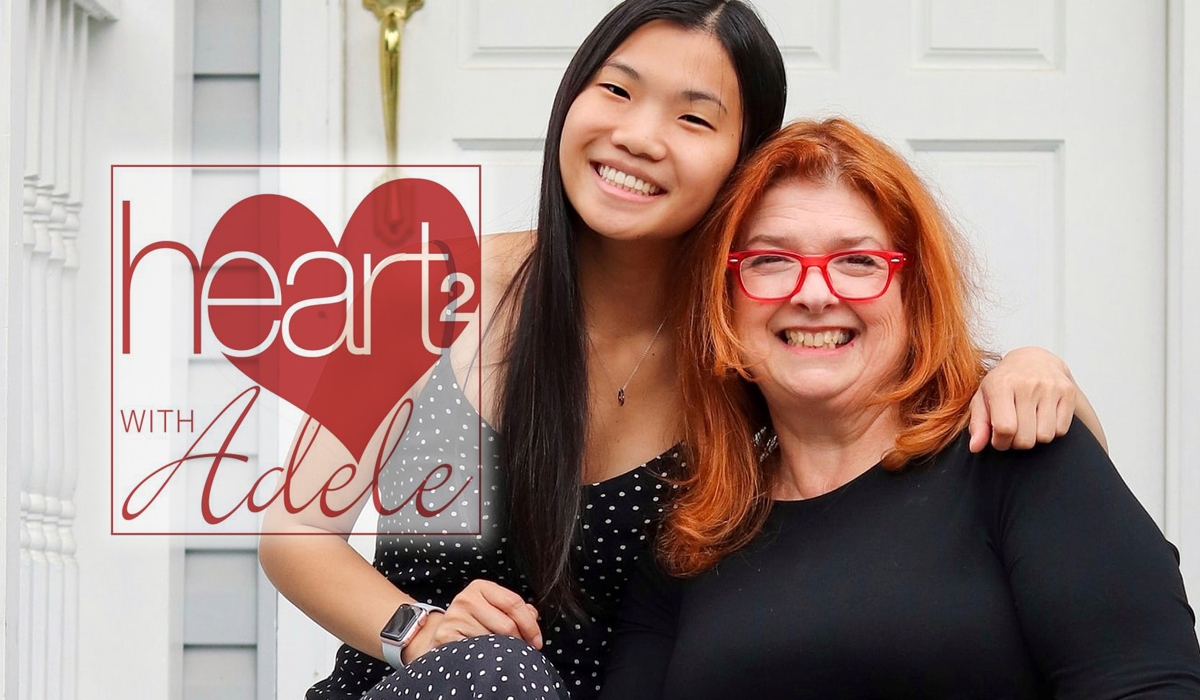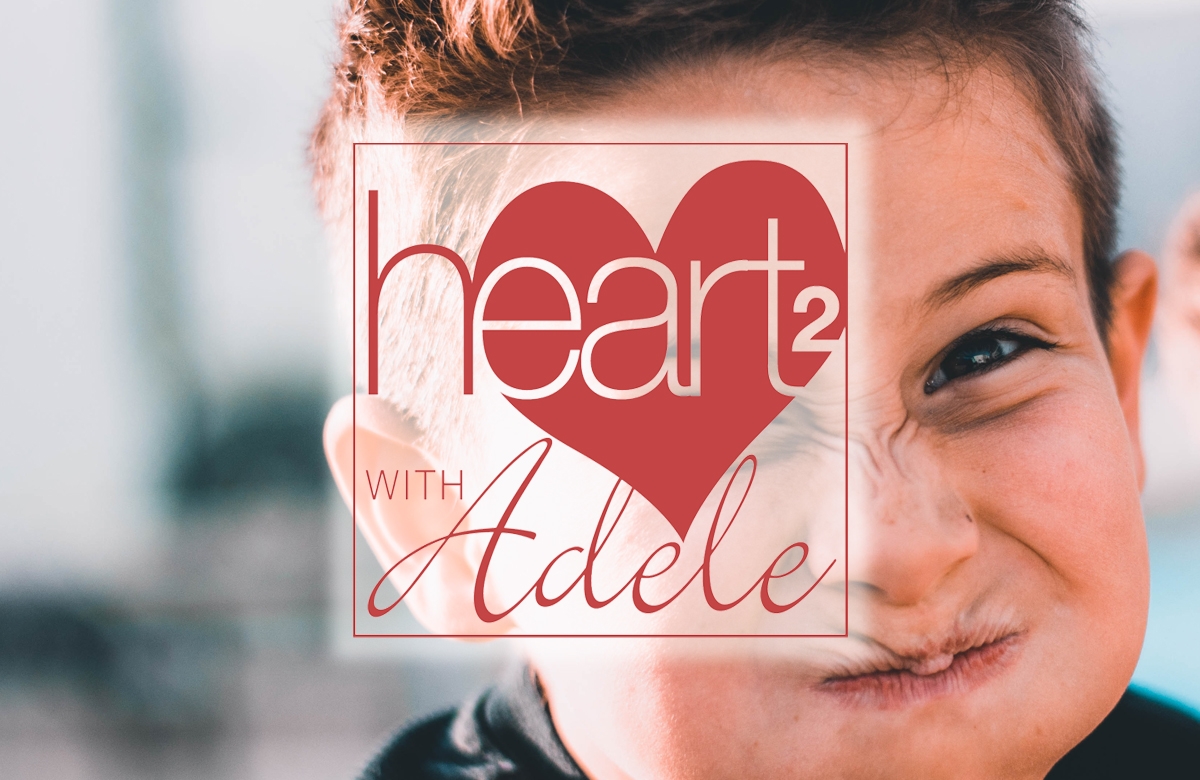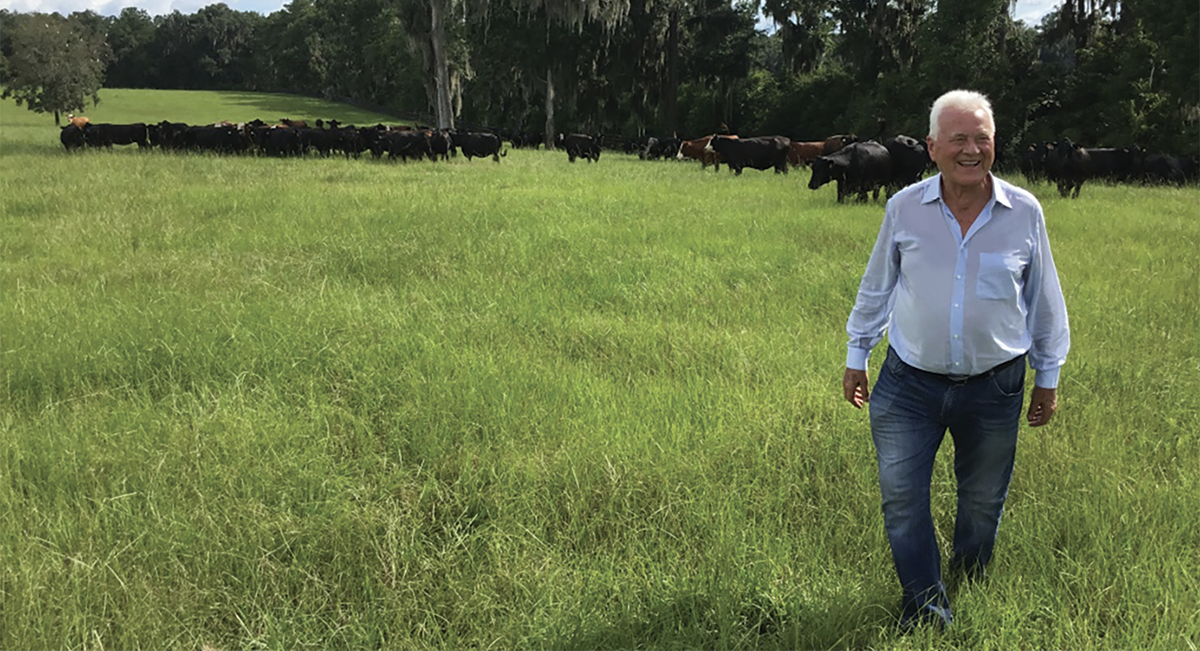
It’s never too late for a family
QUESTION:
Dear Adele,
My husband and I married in our thirties and Mother Nature did not provide us a biological child, though we dearly wanted one. We are closing in on 40 years of age and wonder if creating a family through adoption is realistic or simply a pipe dream. We know you are an adoptive parent and had an extensive career in adoption work, so wonder what you thought.
Still Dreaming of a Family
ANSWER:
Dear Still Dreaming of a Family,
How exciting to be still dreaming of a family! The Adoption Council of Ontario says ‘it is never too late for a family.’ That statement applies both to the adoptive parents and the children and youth who cannot grow up in the family in which they were born. When people tell me, they want a family and are thinking of adoption my heart starts to race, because adoption is such a win-win symbiotic situation. Families who want to raise and nurture children are able to do so and children who need permanent committed adults in their corner for life, can get highly motivated, competent parents.
All kinds of people in their 40’s adopt children. Indeed, all kinds of people in their 40’s have biological children too. Rather than your age I would suggest you focus on some of the following questions in assessing yourselves as suitable adoptive parents:
Can you offer a child a secure, loving, caring home? Are both you and your husband equally ready to make a long-term commitment to another human being? Are you, as a couple, able to physically, emotionally and financially carry the responsibilities of raising a child? Are you and your husband, together, willing to be part of the complicated adoption process and the many steps involved in making a successful adoption happen?
The most common way to adopt in Ontario is through your local Children’s Aid Society. The Children’s Aid Society of Ottawa has a mission ‘to ensure the safety and well-being of children by strengthening the capacities of families and communities.’ When it is determined that a child can no longer be safely raised in the family in which he/she was born, an adoption plan is sometimes made with prospective adoptive families who can meet the needs of the child. The children are usually older or teenagers. Prospective adoptive parents need to accept and embrace openness, which is ongoing contact with persons of significance in the child’s life prior to adoption. In 2016/17 in Ontario, there were 767 adoptions through a Children’s Aid Society, one third of which included openness. The entire process is free.
One of the ways to help yourselves decide whether you wish to pursue an adoption is to take in an adoption information session where you will learn about the adoption process and the implications of your decision on a child, the birth family, and you, the prospective adoptive family. The next virtual information session is on December 3, 2020 from 6 to 8 p.m. with the Ottawa Children’s Aid Society. Interested families can register a t613-742-1620 extension 2.
Some people adopt privately and domestically through a MYCS approved private adoption practitioner, a private licensed agency and/or a licensee. The children available for adoption are usually infants and openness is commonplace. There is a fee for service and a typical private adoption costs somewhere between $15,000 and $30,000 during my last years of practice. The list of private adoption practitioners, agencies and licensees is available on the Ministry of Children and Youth Services website. Most of these professionals will give you a free consultation and it is worth seeing more than one of them.
Some people adopt internationally and use the services of a private adoption practitioner to conduct their home study and a licensed adoption agency to facilitate their match. Children can be adopted from countries with whom Ontario has a program, and each country has its own set of criteria required to be an adoptive parent. International adoption costs somewhere between $30,000 and $50,000 in my experience.
All of these kinds of adoptions require an assessment known as a home study. A home study is a series of four to six interviews usually with the adoption social worker or private adoption practitioner approved to conduct home studies for adoption. The worker will talk with you about your own personal history, education, occupation, income, housing, family relationships, spousal relationship, motivation for adoption and understanding of adoption issues, to name a few topics. Some paperwork is additional such as medicals, letters of reference and criminal record checks.
You are not expected to be perfect, for neither (to tell the truth) is the worker interviewing you. Be yourself and tell no lies. The bottom line on most issues in how you are dealing with your problems, how you have dealt with your previous life challenges and how those difficulties will impact the child. Workers know life is tough and like to see strong applicants who have a demonstrated history of managing the headwinds and staying the course.
In addition to the adoption home study, you will be required to take a training course known as PRIDE. It is a 27-hour mandatory course for all adoptive applicants in Ontario offered by a specially trained social worker/instructor. While many prospective adoptive parents initially feel they do not need a course, my experience as a former instructor, is that virtually 100 per cent of the participants report at the end that they learned a great deal and are most grateful they had the education.
The Ontario Association of Children’s Aid Society Facts and Figures site reports that in 2109/20 there were approximately 9300 children in care in any given month. Forty-five per cent of them are 16 years of age or older. More than 36 per cent of adoptions were by the foster family the child was living with. The Adoption Council of Canada reports that there are approximately 22,000 children legally eligible children for adoption in Canada but only about 1,700 are adopted each year.
Many celebrities have adopted children, including Madonna, Sandra Bullock, Nicole Kidman and Tom Cruise, and Angelina Jolie. These people and all adoptive parents give a child a future which might be otherwise very unlikely. Kudos to them all!
Adoption is a time-consuming, complex, emotional process. it can be exhausting administratively, legally and financially. Applicants need to be fiercely, relentlessly determined. However, it can be one of the most fulfilling things that anyone will ever do.
So, Still Dreaming about a Family, to answer your question, I agree with the Adoption Council of Ontario ‘It’s never too late for a family!’ Let me close with a poem I wrote on this subject.
What matters to you, may not matter to me
— By Adele Blair
A child in the system, talks of his plight
Expressing his thoughts to another,
What matters to you, may not matter to me,
What I need is a dad and the mother.
Some say my father needs culture,
I say waiting will not make me glad.
Some say he must share my history,
I care not, I just want a dad.
I just want a father with arms who can hold me.
I just want a dad with a heart.
I just want a dad who will love me,
From whose home I need never depart.
What matters to you, may not matter to me
When it comes to finding a dad.
I just want a father who will stay by my side
And be the best friend a child ever had.
So, when a child in the system, talks of his plight
Expressing his thoughts to another,
Remember his words, that his needs aren’t complex,
He just wants a dad and a mother.
Sincerely, Adele
I'm looking forward to your questions! Email me at maryadeleblair@gmail.com and please put Heart to Heart in the subject line. Note that all columns will remain anonymous.
Photo: Foto Phanatic, Unsplash













